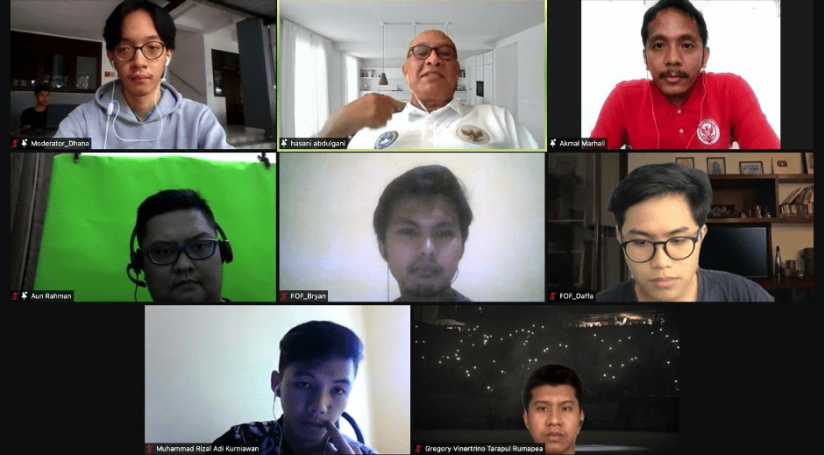
However, if the aim is to seek profit, there is a general condition where clubs, especially League 1, are not yet profitable. This is worsened with the pandemic where there is little to no income other than the subsidy from PT LIB (Liga Indonesia Baru).
“It is true that soccer is a popular sport in Indonesia and I know that those new owners are soccer fans, so at the very least they know how to manage a soccer team,” Hasani said.
Akmal said that the emergence of new clubs needs to be celebrated positively. Clubs get investments from popular people which at the very least can create a positive image out of soccer in the future. The problem with the new investors is related to the weak business security which is related to how we can make them feel comfortable with the industry so they want to continue to invest.
“I’m concerned that the new investors will be deterred from investing because there is no business security, there are no strict guidelines that can be the foundation of a soccer business,” Akmal said.
Akmal also gave some recommendations for PSSI (Association of Indonesia Soccer) so that soccer investors can be pleased. Those recommendations are the creation of a clear SOP (Standard Operational Procedure) which includes the business or corporate laws of the football family. Additionally, there needs to be concrete steps from the PSSI to create a strict regulation about name change or rebranding.
Aun highlights the essence of the club more. He said that the owners of the club are more focused in creating a team instead of a “club”. Teams are more oriented to winning, meanwhile clubs are more oriented to big and systemic structure. Clubs need to be sustainable because the path forward will affect the job vacancy and development of the players.
“I see that not all new clubs have created a club. They’re still thinking in terms of gathering some players and getting through League 1 when in fact what they need to do is to form a club, not a team,” Aun said.
